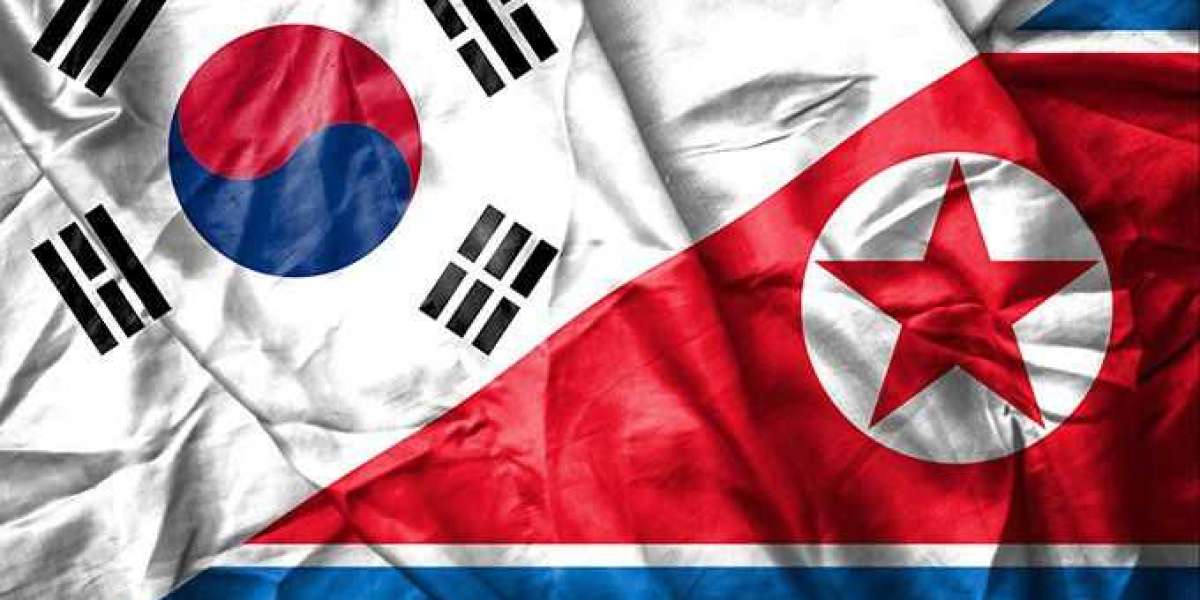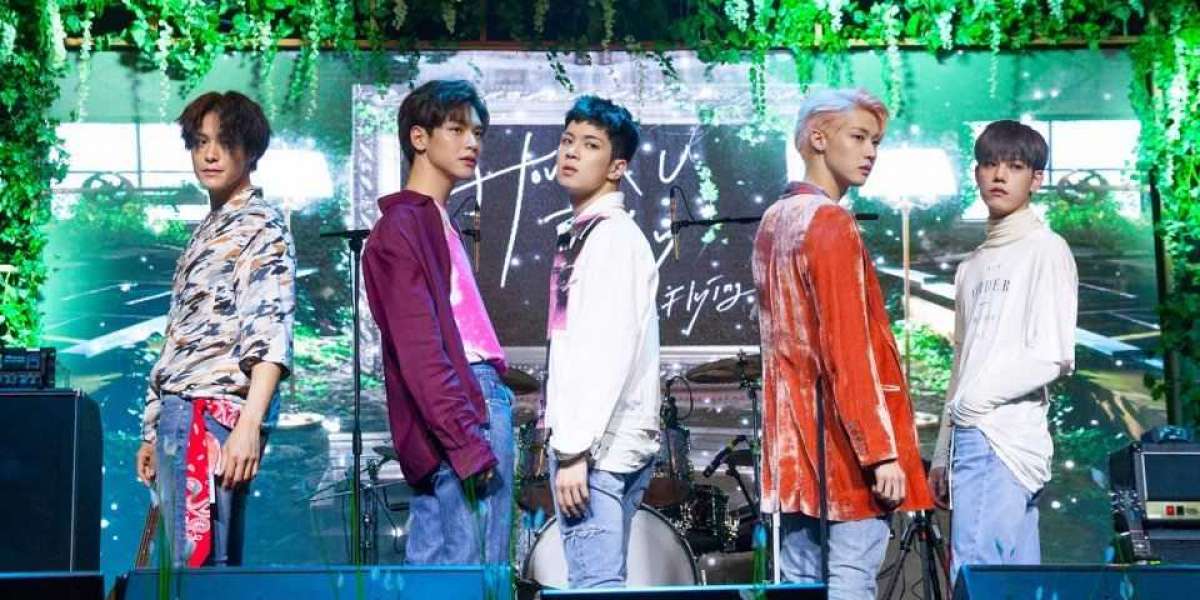According to specialists at the state-funded research group, the run-up to the March 9 South Korean presidential election might be a "perfect opportunity" to make progress in the country's stalled diplomacy with North Korea, and a prospective inter-Korean summit could be the solution to a breakthrough.
"The period leading up to the presidential election might be the 'golden moment' when significant change (on the peninsula)," Lee Sang-sin, a research fellow at the Korea Institute for National Unification, said during a news conference hosted by the Seoul-based think tank.
He noted that North Korea, which is facing an economic and food crises as a result of the coronavirus border closure and long-standing sanctions, will not be able to sustain its current state for long. At the same time, the US cannot afford to ignore Pyongyang's nuclear concern for too long.
"With an increasing burden, (the nations) will have to accept that the North's nuclear issue must be handled one way or another," Lee added. "In this regard, Seoul's involvement will become critical in reviving the Korean Peninsula peace process."
A hypothetical inter-Korean meeting between President Moon Jae-in and North Korean leader Kim Jong-un, according to Lee, might serve as a breakthrough in reactivating the Korean Peninsula peace process. However, given the severe coronavirus lockdown in the North and the little time remaining until the election, a virtual format is more plausible than a face-to-face conference.
Lee emphasized that success in Seoul's attempt to formally proclaim an end to the 1950-53 Korean War will be determined by three factors. They are whether South Korea and the United States will finish crafting the statement, recommending and encouraging the North to sign on to the declaration, and lastly obtaining China's assistance.
"One of the most effective methods to persuade the North is for Seoul and Washington to propose temporarily suspending joint military drills in exchange for the North's suspension of nuclear and missile testing," Lee added. "If Washington and Pyongyang are able to satisfy each other's demands, (Seoul) may be able to bring these two countries to the table for an end-of-war proclamation."
Cho Han-bum, a senior scholar at KINU, emphasized, however, that the current context for declaring the Korean War's conclusion is not favorable.
"China has been unclear about the end-of-war proclamation in the past, but it has recently indicated support," Cho added. "China's participation may give the statement a boost, but it is also a 'double-edged sword.'" This is due to Beijing's opposition to a strengthening of the South Korea-US alliance and a US military presence in Korea in the midst of its strategic confrontation with Washington."
He also stated that the North is less likely to agree to an end-of-war proclamation unless it is accompanied by significant moves from Washington, such as sanctions relief for Pyongyang.



